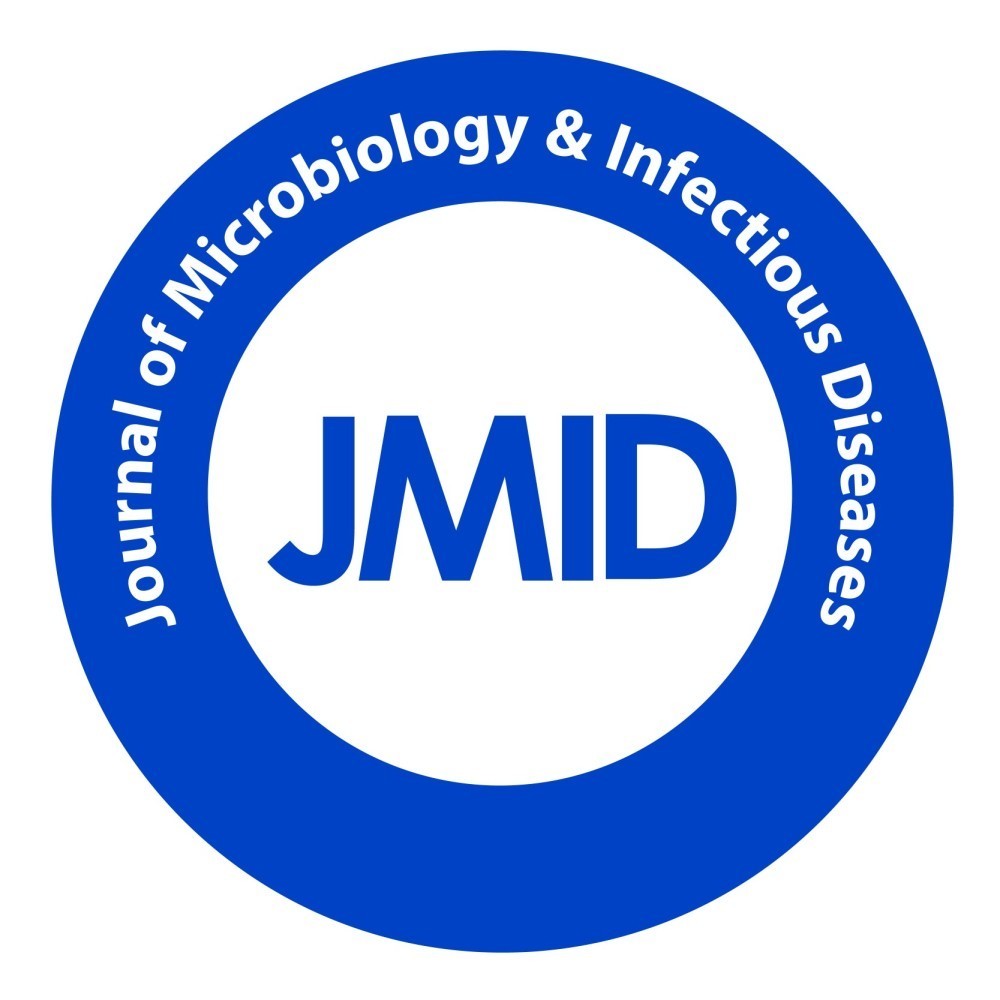
Conflict of Interest Policy
Conflict of Interest
Policy
The Journal of Microbiology and Infectious Diseases is
committed to upholding the highest standards of integrity, transparency, and
objectivity in scientific research and publication. This Conflict of Interest
Policy is designed to articulate our dedication to identifying, managing, and
mitigating conflicts of interest to ensure the credibility and reliability of
the content we publish.
1. Definition of Conflict
of Interest
A conflict of interest arises when the personal,
financial, or professional interests of individuals involved in the publication
process may compromise the objectivity, integrity, or impartiality of the
research and its subsequent dissemination. Conflicts of interest may be real or
perceived and can involve authors, editors, reviewers, or any other party
contributing to the publication process.
2. Author
Responsibilities
2.1. Disclosure
Authors submitting manuscripts to the Journal of
Microbiology and Infectious Diseases are required to disclose any potential
conflicts of interest that could influence the research, interpretation, or
presentation of their work. This includes but is not limited to financial
interests, affiliations, or relationships with organizations that may have a
direct or indirect interest in the submitted content.
2.2. Transparency in
Funding
Authors must provide transparent information about
funding sources for their research. Full disclosure of financial support,
grants, or any other financial relationships that may have influenced the
research is essential. This transparency ensures that readers and reviewers can
assess the potential impact of funding sources on the study.
2.3. Mitigation
Strategies
In cases where conflicts of interest exist, authors
are encouraged to propose mitigation strategies to address and manage these
conflicts. These strategies may include clear disclosure statements within the
manuscript, acknowledgment of potential biases, or other measures to ensure
transparency.
3. Editor
Responsibilities
3.1. Evaluation of
Manuscripts
Editors at the Journal of Microbiology and Infectious
Diseases are responsible for evaluating submitted manuscripts objectively and
without bias. Editors should recuse themselves from handling a manuscript if
they have a personal, financial, or professional relationship with the authors
that may compromise their impartiality.
3.2. Fair and Impartial
Decision-Making
Editors must make editorial decisions based solely on
the scientific merit of the manuscript, regardless of the authors' affiliations
or potential conflicts of interest. If conflicts are identified during the
review process, editors should take appropriate actions, including seeking
additional reviews or consulting with other members of the editorial board.
3.3. Transparency in
Editorial Decisions
In cases where conflicts of interest among editors
exist, transparency in the decision-making process is paramount. Editors should
openly communicate any potential conflicts and take steps to mitigate their
impact, ensuring that the publication process remains fair and unbiased.
4. Reviewer
Responsibilities
4.1. Impartial Evaluation
Reviewers play a crucial role in maintaining the
integrity of the peer-review process. They are expected to conduct evaluations
objectively, without personal, financial, or professional biases that could
influence their assessment of the manuscript.
4.2. Disclosure of
Conflicts
Reviewers must promptly disclose any conflicts of
interest to the editorial team. If a potential conflict is identified after
accepting a review assignment, reviewers should immediately inform the editor,
allowing for appropriate actions, such as reassignment of the review.
4.3. Confidentiality and
Integrity
Reviewers are expected to treat the review process
with confidentiality and integrity. Any information obtained during the review
process should be handled responsibly, and reviewers should refrain from using
unpublished information for personal gain or biased decision-making.
5. Publisher
Responsibilities
5.1. Transparency in
Operations
The publisher of the Journal of Microbiology and
Infectious Diseases is committed to maintaining transparency in its operations.
Any potential conflicts of interest involving the publisher, editorial team, or
any other stakeholders that may impact the publication process will be
disclosed promptly.
5.2. Safeguarding
Independence
The publisher ensures that editorial decisions are
made independently of any external influences, financial or otherwise. The
editorial team is empowered to make decisions solely based on the quality and
relevance of the research.
6. Conflict Resolution
6.1. Resolution Process
In instances where conflicts of interest are
identified, the Journal of Microbiology and Infectious Diseases has established
a conflict resolution process. This process involves a thorough investigation,
consultation with relevant parties, and the implementation of appropriate
measures to address and resolve the conflict.
6.2. Editorial Board
Involvement
The editorial board plays a pivotal role in conflict
resolution. If conflicts arise at any stage of the publication process, the
editorial board, in consultation with relevant stakeholders, will actively work
towards fair and impartial resolution.
7. Continuous Education
and Training
7.1. Training Programs
To enhance awareness and understanding of conflicts of
interest, the Journal of Microbiology and Infectious Diseases provides ongoing
training programs for authors, editors, reviewers, and other individuals
involved in the publication process. These programs aim to reinforce ethical
standards and promote a culture of transparency and integrity.
7.2. Periodic Review
The Conflict of Interest Policy undergoes periodic reviews to ensure its effectiveness and relevance. Updates and modifications are made as needed to address emerging challenges and align with evolving best practices in the field of scientific publishing.







